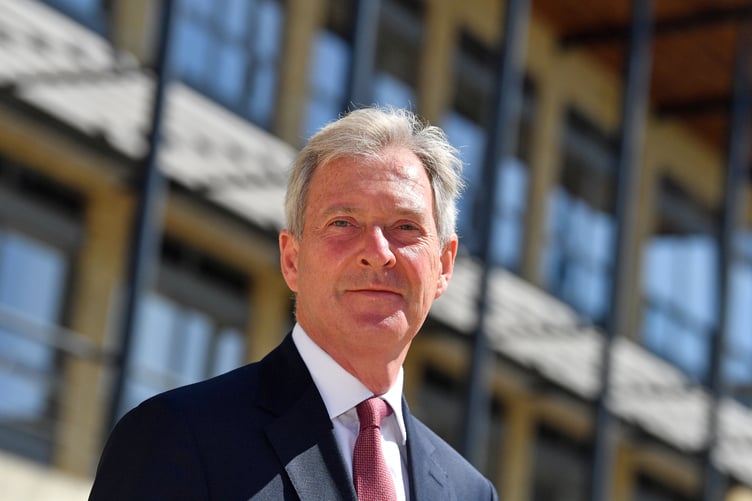In a cabinet meeting yesterday (June 26), the Surrey leader and councillor said he hoped local government reorganisation will provide a new opportunity to re-hash the old services onto new council bodies, but innovate how they are delivered to residents.
He said: “Looking at reorganisation, looking at what savings can be delivered, will be really important to hopefully completely fill the gap we’re likely to see as a result of the Fair Funding Review.”
Last week, the Government launched its consultation across Surrey for the two competing submission for changing councils structures: one option is to divide Surrey into east and west unitary authorities, and the other is to split the county into three - north, east and west.
The leader claimed that splitting Surrey into three mega councils, as promoted by the opposition, would break even and make no savings, where as the two-authority model could generate ongoing yearly benefits around £25 million.
But ‘Team Three’ councils have argued the separation would be more evenly balanced financially in terms of delivering services like adult social care, SEND provision and collecting tax.
Documents reveals, according to the district and borough council calculations, the three-divisional plan would save £22.5 million annually four years in.
Cllr Oliver clarified saving money is by no means the only drive in reorganisation, but was a significant consideration for keeping local councils afloat with income funding changes from central government.
Surrey has a high council tax base meaning it has more band H houses, paying at least £3,692.70 amount in 2025, than many other parts of the country.
Cllr Oliver said it will mean the county will lose the equivalent round of government grants or funding allocations, leaving a net reduction in Surrey’s income.
The central government has launched a review into looking at how local councils are funded across the country, called the fair funding review. Documents reveal the government is considering an “equaliser” for local government income, directing funding towards places that are less able to meet their needs through locally raised income using council tax with others.
Cllr Oliver added: “We will be even more reliant upon council taxes as the source of financing and it’s already something in the region of 80-85 per cent. So that is not going to be good news.
“Any new money coming into local government over the next three years, 76 per cent of that will be funded on the assumption that every council increases its council tax by 5 per cent each year, for the next three years.”
Local authorities have the power to raise the tax by up to 5 per cent every year, although some choose lower increases. Legally, increasing council tax more than 5 per cent requires a local referendum.
Bin collections, libraries, public toilets, fire services, parks, SEND provision and social care are all funded by council tax. If councils are unable to make ends meet with the money raised, services will have to be cut or streamlined to balance the books.
The leader said: “It is therefore hugely important for every reason that if we are to continue to deliver the services at the level that we wish to, we find areas of savings or efficiencies. We have a very good track record of delivery efficiencies year on year but this will be significant.”



-call-handlers.jpeg?width=209&height=140&crop=209:145,smart&quality=75)

Comments
This article has no comments yet. Be the first to leave a comment.